Ireland was once a land of forests. The wooded landscape served as a protector, provided food, medicine, and wisdom for the early Irish who dwelled there. It is hard to imagine nowadays as you traverse Ireland’s countryside amidst the rolling green hills, now bare and depleted, but once it was covered by tall proud oaks, birches, hazel, holly, ash, elder, yew, apple, hawthorn, rowans, and many more.
Our Druids and Bardic orders gathered in their groves which served as a peaceful sanctuary for their learning. Our warriors, woodkernes (human-wolfs), rapparees, and rebels sheltered there and launched their guerrilla attacks on the foreign enemies. Our medicine men and women knew the healing properties of every root, bark, and leaf. Our ancestors gathered beneath them to forge contracts and inaugurate our clan chieftains; the trees standing as silent witnesses to the deeds of our clans for generations. Our trees were treated as sovereign lords in their own right, given due respect and even legal protection under the Brehon Laws which held it to be a crime to fell a sacred tree.
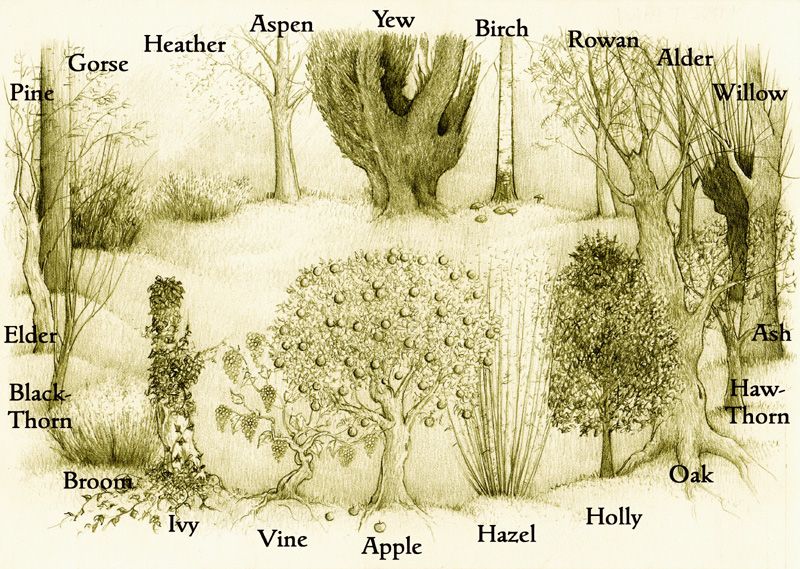
Among the trees, we found our home and our heart was there among them.
Today, it is estimated that only 1% of old native woodland exists on the island of Ireland. Plundered by foreign spoilers to benefit the expanding British empire, her wood was stripped from her skin and sold for the purpose of building mighty ships that would go on to spoil and exploit the lands of other people across the globe. The ‘new English’ planters of the 1600’s desecrated our forests along with her people, and Ireland has never been the same since.
The scars of these wounds run deep and are visible with the naked eye to all who know where to look. But, they are scars which no-one talks about, the pain, perhaps, being too much to bear?
A poem composed in c.1580 served as a prophetic warning, a cry of despair and for Irish unity upon seeing the desecration of the Irish woodland even in the early times of the ‘New English’.
My heart is in woe,
And my soul deep in trouble,
For the mighty are low,
And abased are the noble:The Sons of the Gael
Are in exile and mourning,
Worn, weary, and pale,
As spent pilgrims returning;Or men who, in flight
From the field of disaster,
Beseech the black night
On their flight to fall faster;Or seamen aghast
When their planks gape asunder,
And the waves fierce and fast
Tumble through in hoarse thunder;Or men whom we see
That have got their death-omen
Such wretches are we
In the chains of our foemen!Our courage is fear,
Our nobility vileness,
Our hope is despair,
And our comeliness foulness.There is mist on our heads,
And a cloud chill and hoary
Of black sorrow, sheds
An eclipse on our glory.From Boyne to the Linn
Has the mandate been given,
That the children of Finn
From their country be driven.That the sons of the king
Oh, the treason and malice!
Shall no more ride the ring
In their own native valleys;No more shall repair
Where the hill foxes tarry,
Nor forth to the air
Fling the hawk at her quarry:For the plain shall be broke
By the share of the stranger,
And the stone-mason’s stroke
Tell the woods of their danger;The green hills and shore
Be with white keeps disfigured,
And the Mote of Rathmore
Be the Saxon churl’s haggard!The land of the lakes
Shall no more know the prospect
Of valleys and brakes
So transform’d is her aspect!The Gael cannot tell,
In the uprooted wild-wood
And red ridgy dell,
The old nurse of his childhood:The nurse of his youth
Is in doubt as she views him,
If the wan wretch, in truth,
Be the child of her bosom.We starve by the board,
And we thirst amid wassail
For the guest is the lord,
And the host is the vassal!Through the woods let us roam,
Through the wastes wild and barren;
We are strangers at home!
We are exiles in Erin!And Erin’s a bark
O’er the wide waters driven!
And the tempest howls dark,
And her side planks are rivenAnd in billows of might
By Fearflatha Ó Gnímh, poet of Séan an Díomais Uí Néill (Sean ‘the Proud’ O’Neill).
Swell the Saxon before her,
Unite, oh, unite!
Or the billows burst o’er her
From Lays of the Western Gael and Other Poems – Samuel Fergusson (1865).
Available for download in the Brehon Academy members’ library here.
Watch the video below to hear a discussion by the Woodland League’s Andrew St. Ledger, and Kevin Flanagan of the Brehon Academy as they talk about some of the lesser-known wisdom of Ireland’s ancient trees and forests.
They discuss the ‘Classifications of the Trees’ according to the Brehon Law, the mysteries of the ancient Ogham alphabet, as well as the connection between the Irish woodlands and the Gaelic psyche.
By: Kevin Flanagan, April 2021
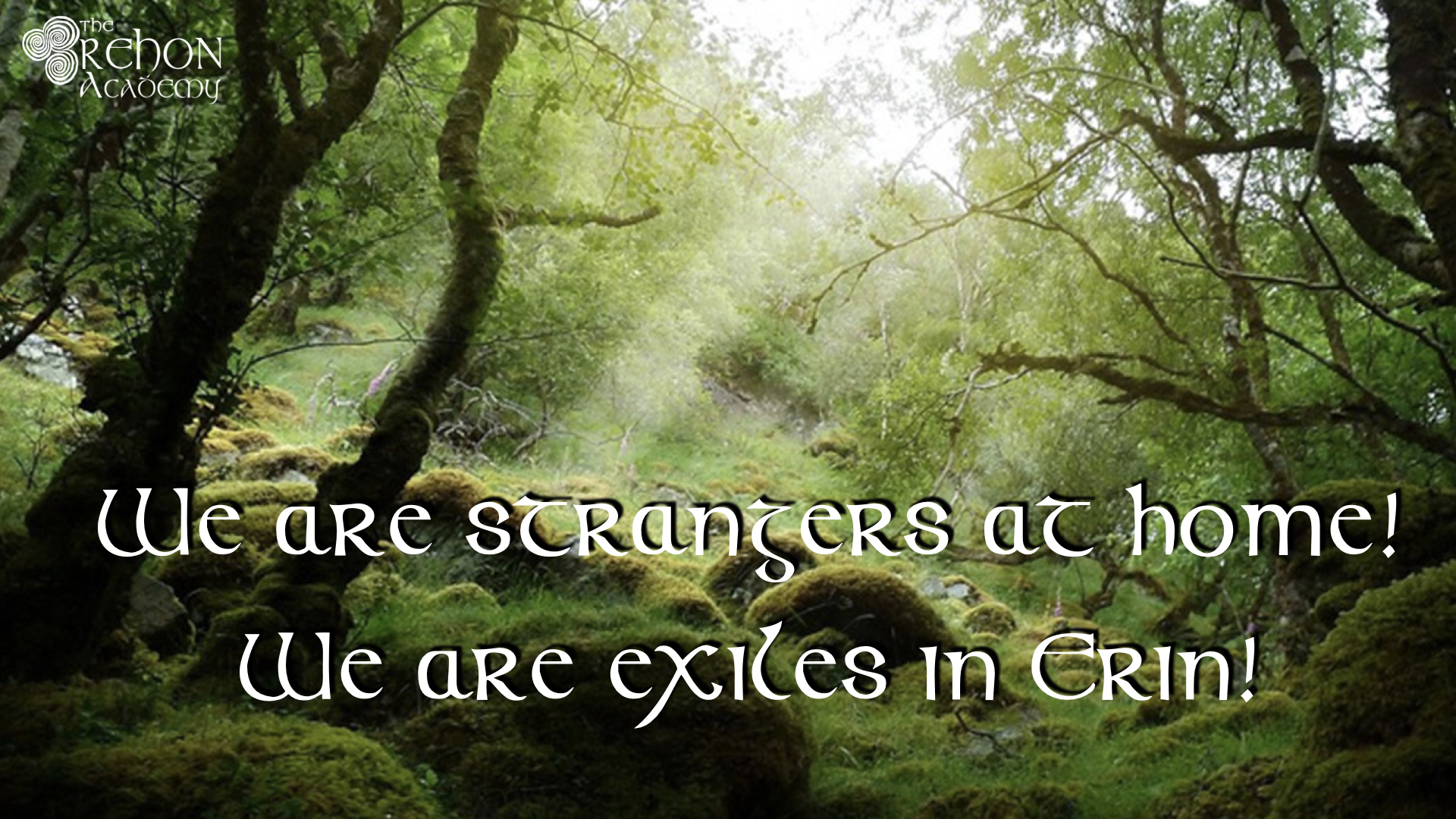
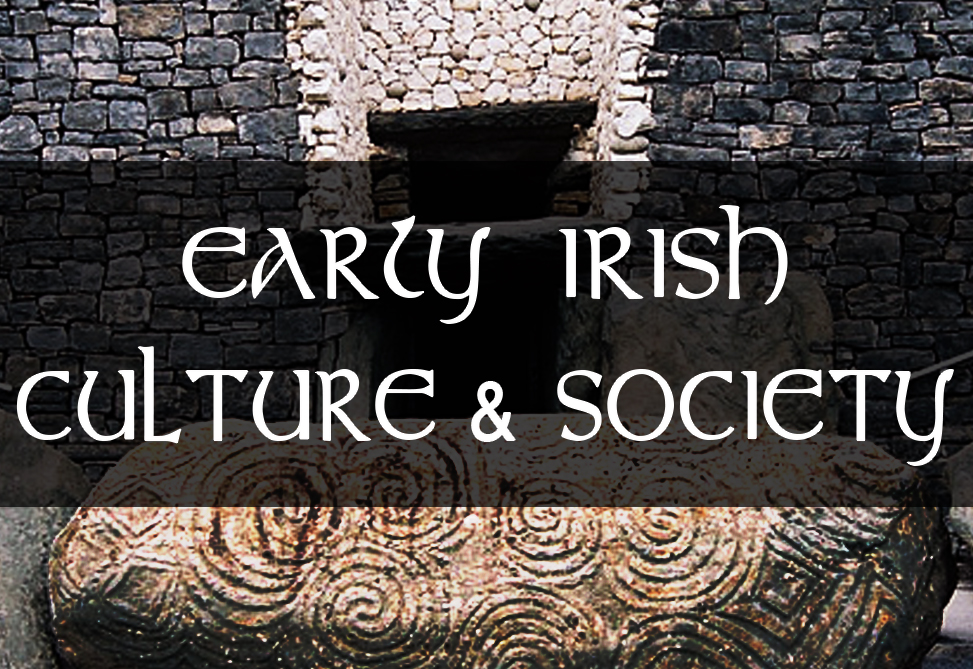
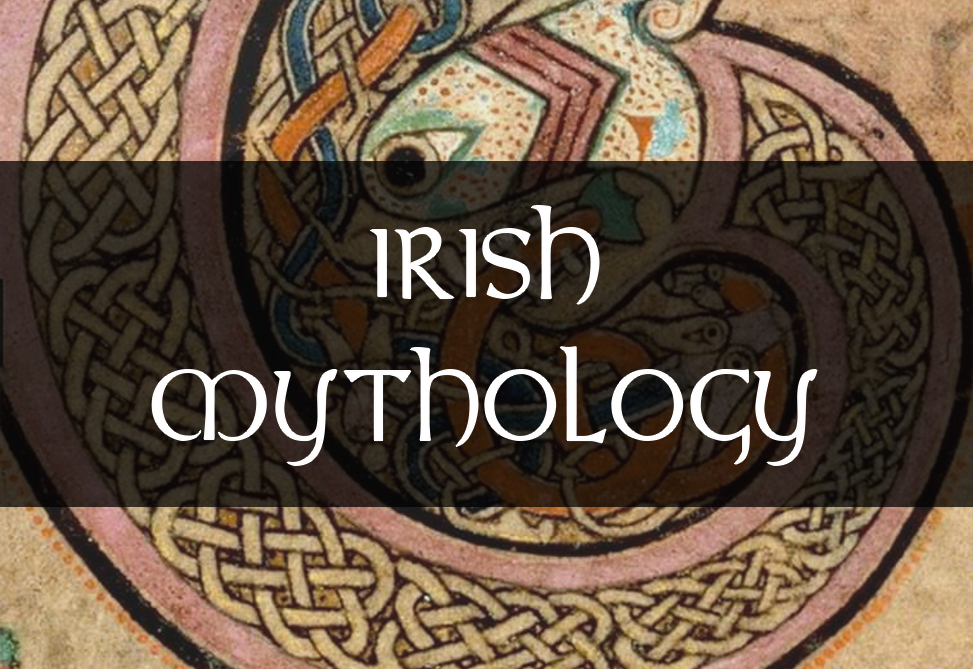
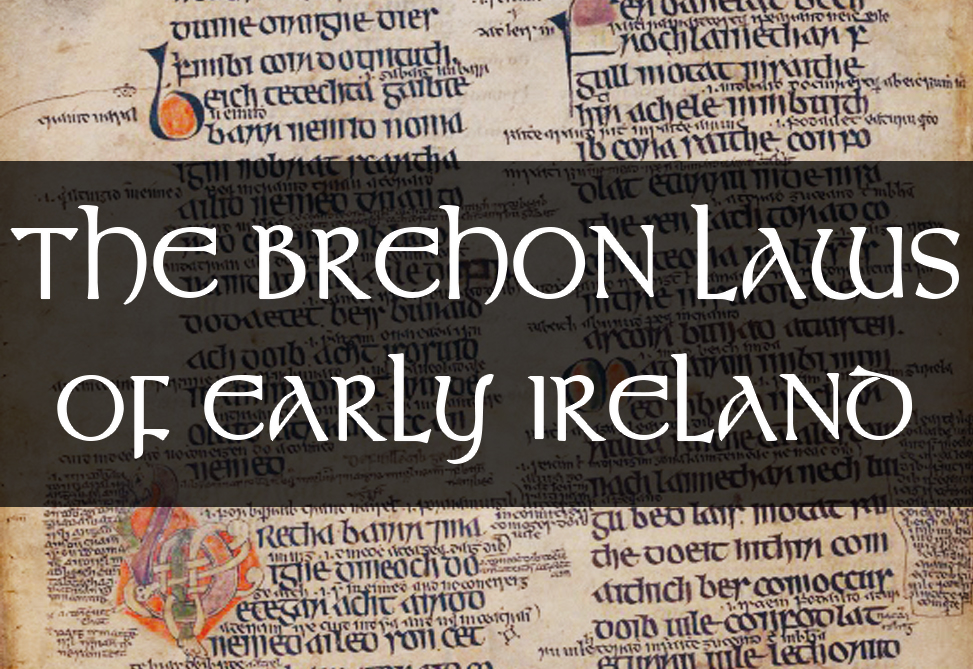
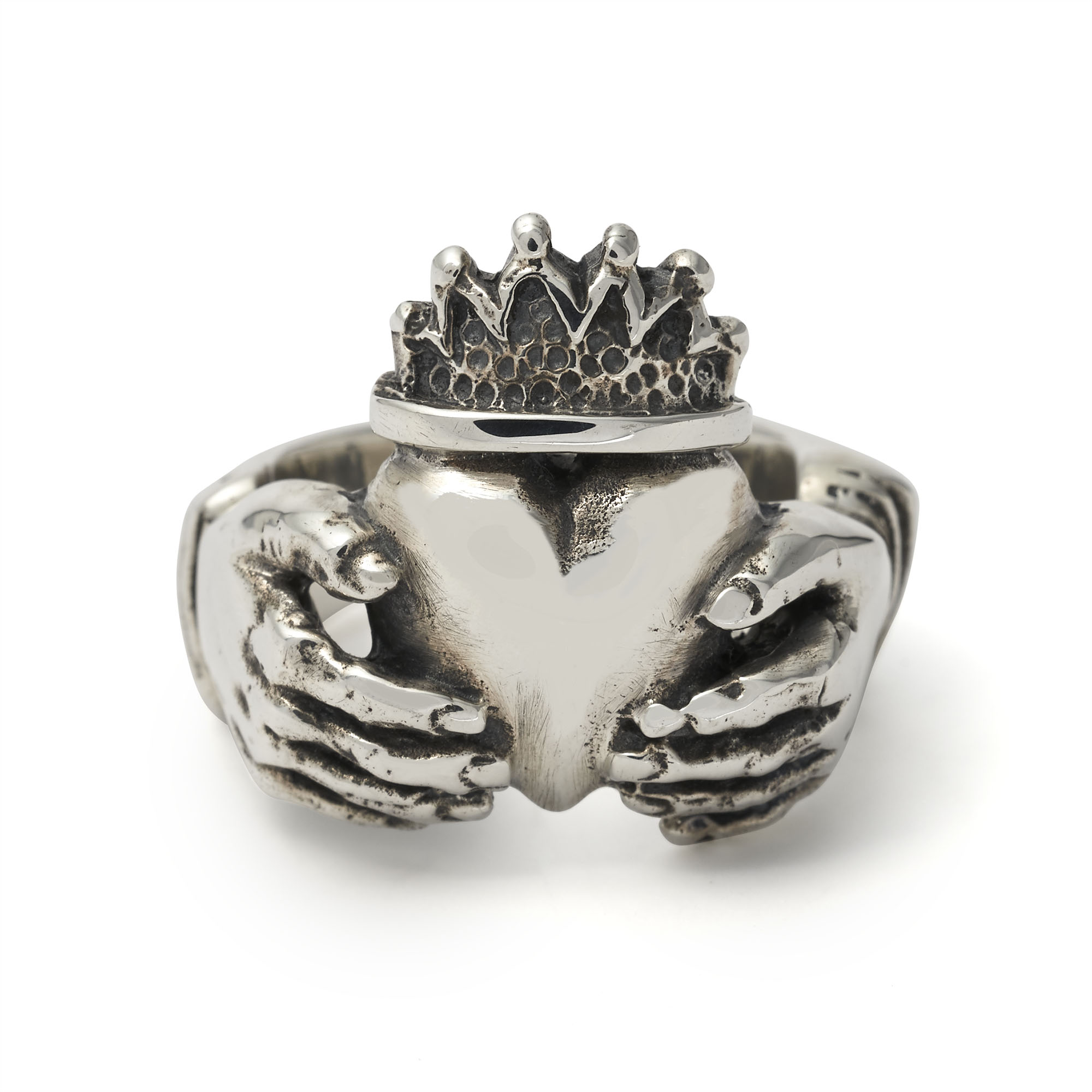
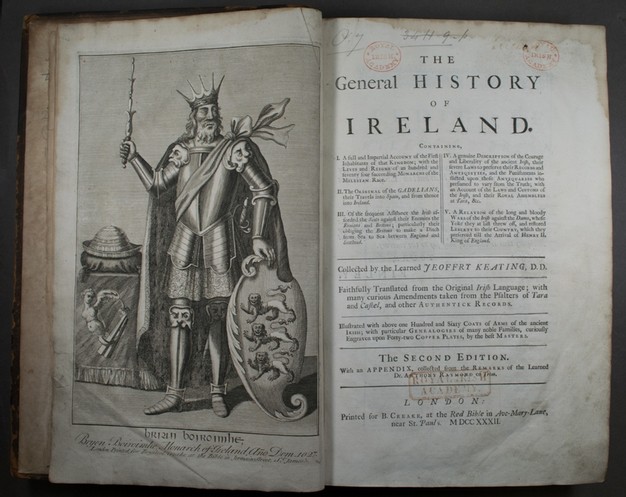
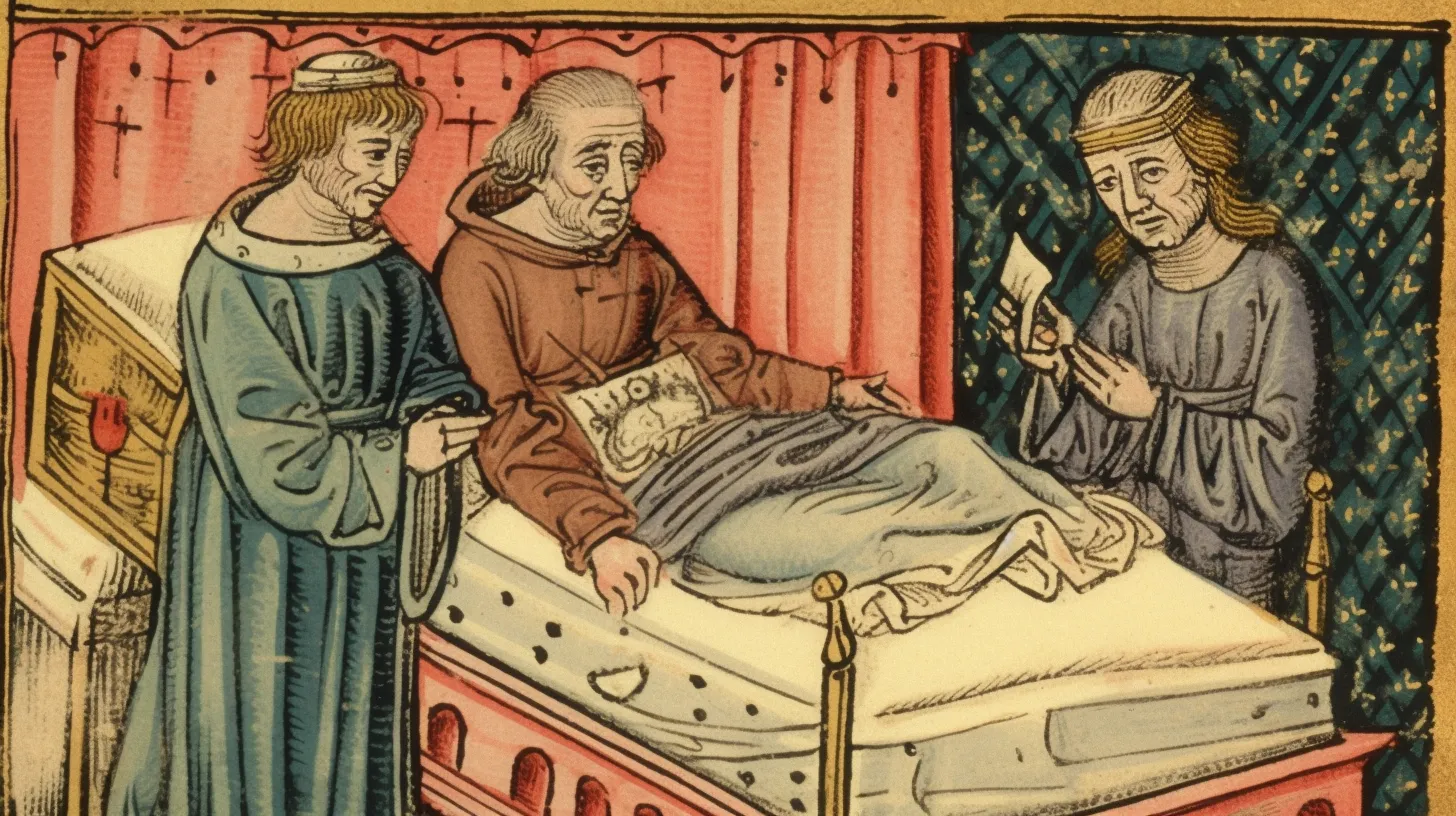
So, st. Patrick was no dummy. He knew the importance of 3 to the Irish and used their reverence for three to introduce the trinity.